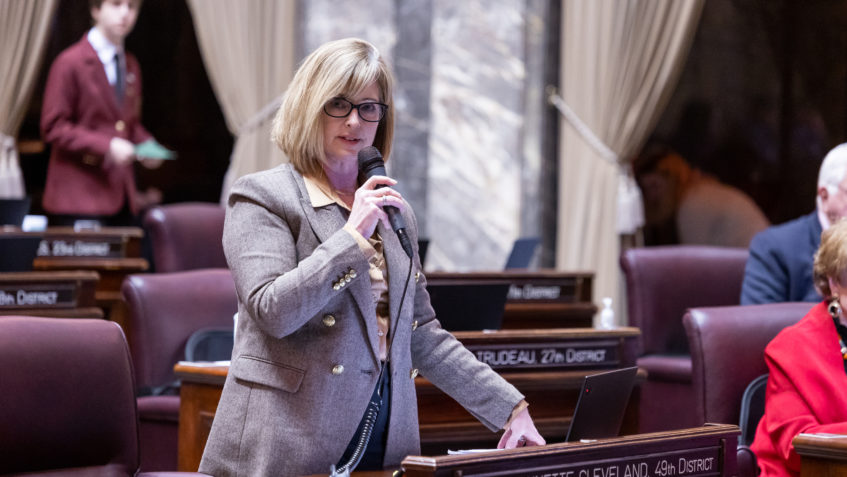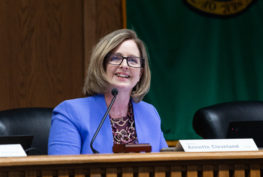OLYMPIA — Senate legislation passed today by the House will ensure the continuation of timely ambulance response while also protecting Washingtonians from being billed for emergency ambulance service beyond the costs covered by their health plans.
Because it was amended in the House, SB 5986 cannot be signed into law by Gov. Jay Inslee until the Senate agrees to accept the changes by the House. Senate approval of those changes, which were agreed to by its sponsor, Sen. Annette Cleveland (D-Vancouver), is expected.
SB 5986 addresses emergency ambulance service on two levels. First, it clarifies rates in state statutes to fortify the availability of ambulance service in all corners of the state. Second, the bill expands existing protections that shield consumers from unexpected costs charged by out-of-network health care providers to include ground ambulance service. The additional charges, known as balance billing, have been used to make up the difference between a provider’s billed amount and the amount covered by a patient’s insurance company.
“This brings billing practices for ambulances in line with those for other health services where we shield patients from surprise bills,” Cleveland said. “When someone has paid for ambulance service as provided by their health plans, they should not be subject to additional charges.”
The practice of balance billing comes into play when, for example, a provider’s charge for ambulance service is $1,000 and the allowed amount is $700, and the provider bills the patient separately for the remaining $300. SB 5986 expands the state’s general prohibition on balance billing to include ambulance service.
Cleveland said her legislation was shaped by meetings over several months with a diverse group of stakeholders, including emergency transport service providers, to find a solution that would protect consumers while establishing rates that will help keep ambulance providers in business.
Washington state was one of the first to ban balance billing for a wide range of emergency health care services, and Congress responded by taking similar action. However, that action failed to take into account all types of services.
“We’re always looking for ways to control or reduce the cost of health care in Washington state, and this is one more way,” Cleveland said. “We also want to maintain the quality and availability of health care, and this bill ensures that too.”




